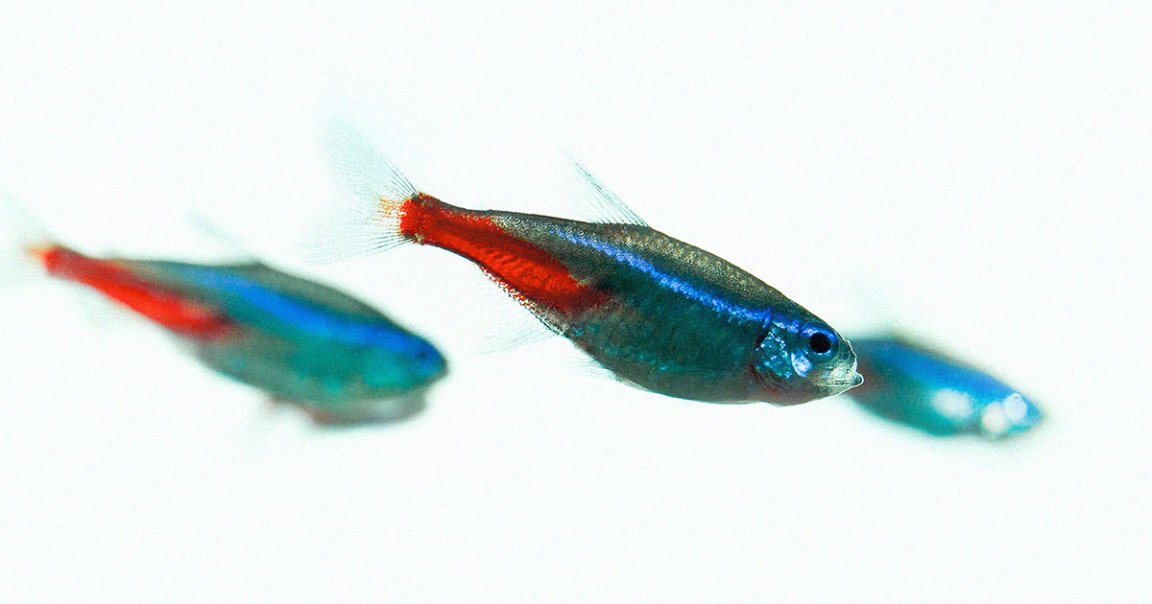
Space Fish
Give a man a fish and he’ll eat for a day. Teach a man how to breed fish in the weightlessness of space, and he may just have a way to eat seafood on the long journey to Mars.
Case in point, China is preparing to deliver zebrafish to its Tiangong space station to see how they and other microorganisms interact inside a small, closed ecosystem, officials announced on Monday.
The goal is also to research the potential loss of bone density in astronauts who spend prolonged periods in microgravity, a relatively well-known side effect that could pose serious health risks during future missions into deep space.
Just Keep Swimming
It wouldn’t be the first time fish have been sent into space. The first fish to have ever spent time in orbit were a group of mummichog, a small Atlantic fish, that were sent to the Skylab, the first science lab to orbit the Earth, in 1973. The goal was to see how fish, who swim in three directions back on Earth, would respond to their new, weightless environment.
In experiments, scientists found that these fish used light to orientate themselves after only a couple of days. They even managed to hatch dozens of fertile eggs, resulting in young mummichog minnows that adapted to weightlessness almost immediately.
Decades later, the Japanese Space Agency (JAXA) studied the effects microgravity had on a small school of medaka fish on board the International Space Station.
Those results, for some reason, were surprisingly alarming. As detailed in a 2016 study published in the journal Scientific Reports, researchers found that the fish fared much worse than humans and started losing bone density almost immediately upon arriving at the ISS. Those effects usually take around 20 days to show up in human astronauts.
In short, the zebrafish destined for the Tiangong space station will likely shed even more light on the dangers of spending extended periods of time in the weightlessness of space.
Needless to say, we thank them for their service.
More on Tiangong: European Space Agency Halts Plans to Send Astronauts to Chinese Space Station